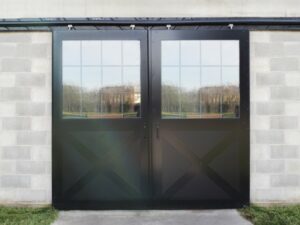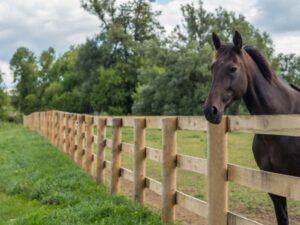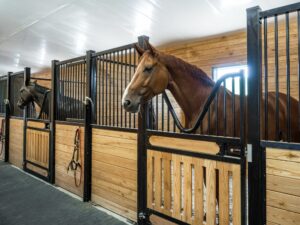Having the right horse fence installed is of high importance. Did you know that your geographical location can have an impact on the kind of horse fencing that you equip your barn and farm with? In this article, we will take a closer look at certain kinds of climate and terrain that should be taken into consideration when determining the type, style, location, and cost of your fence installation.
Rocky Areas
For installation areas with rocky ground, you are going to need a fence that can span longer distances, but with fewer posts. This fence required the ability to be installed on smaller posts that can be drilled into rock, but still create a safe environment for horses. Coated wire is one of our best fences for this style and can be installed on T-post or T-posts that have a cover over the T-post. The challenge here, is getting the end and the corner posts into the ground in a way that offers a long-lasting and solid fence installation. In this situation, you may want to consider bracing the posts with concrete for a safer, stronger and more sturdy result.
Wet Areas
With wet areas, you will often have the same challenges as rocky areas. The solution is generally the same, we suggest longer post spacing with a spacer over the wet or water. This will most often provide you with an ideal solution to your fence installation challenges. If the landscape surrounding your barn or farm is wet, contact our experts at System Equine today. We can help you get started with the right horse fencing and even drainage solutions.
Temperature
With modern fence installations and higher-grade materials, temperature generally isn’t a deciding factor. Horse fences are manufactured to be able to expand and contract with various extremes and fluctuations in temperature. Although, some exceptions may apply. For example, if you live in a coastal location, we might recommend a steel fence over a wood fence to avoid rotting from the sun and sea salt. That is unless you opt for pressure-treated wood to avoid degrading. PVC horse fences, in extreme cold areas, should be fine, unless you have a horse putting pressure on the fencing. Then it will likely crack.
Wildlife
For areas that experience wildlife that may interfere with the fencing, it’s important that you make sure the fence is visible. We also recommend using a wire that can be retightened or repaired easily, especially if an animal were to go through it or cause damage. For this challenge, we highly suggest the installation of Flex Fencing. Flex Fence, also known as flexible fencing, utilizes high-tensile galvanized steel wire with a bonded or trapped polymer around the wire. Not only is it highly visible, which can help to prevent wildlife from causing accidental damage, but it is also one of the preferred methods of safely containing horses in a paddock. If a horse or wild animal were to hit it, or a tree were to fall on it, the fence will simply flex on the impact and then return to the original shape.
Horse Fence Solutions
Did you find the information in this article helpful or resourceful? Visit our blog for more resources and information. At System Equine, we supply some of the highest-quality horse fences in Canada, along with horse stalls, dutch doors, barn windows, and equestrian tack.
Some of our high-quality horse fence solutions include:
• Flex Fencing
• PVC horse fence
• Wood horse fence
• Horse wire mesh fencing
• Equine electric fence
Contact us today for more information or to get started.






